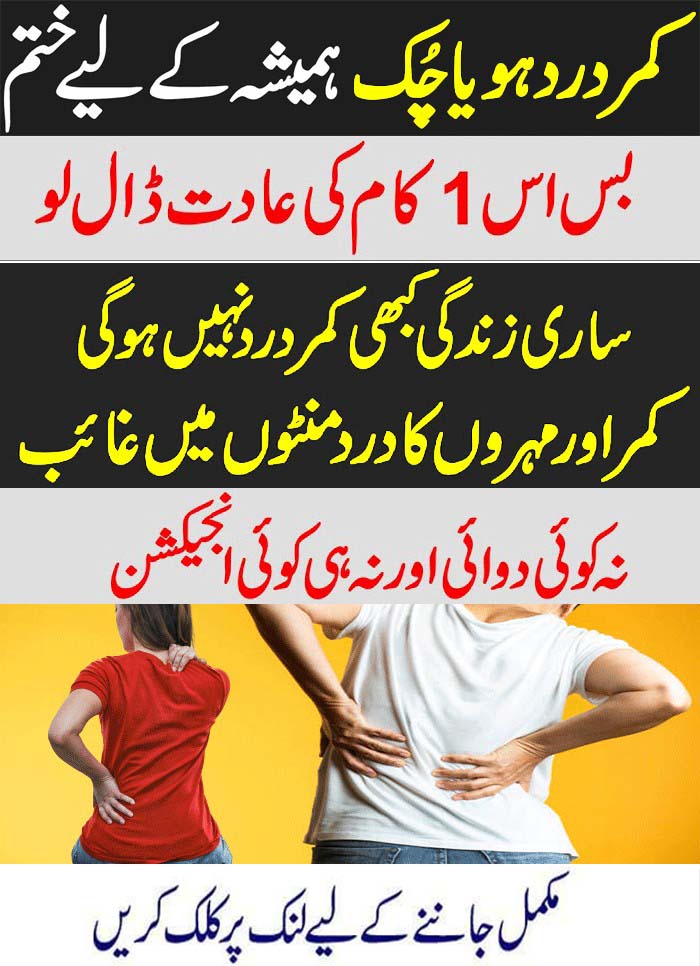If you are an airline traveler, chances are, you have experienced a delay.
Of course, a delay in airplane travel can mean different things to different people. For some, it is a bothersome inconvenience. Still others incur more than this. Business people can lose deals and related money; holiday travelers can lose days of their adventure, students, miss classes and the individual list of damages goes on according to the person.
If you think you have one iota of a chance of a lawsuit, think again.
Airlines do not legally owe you one cent of compensation for any suffering or loss if your scheduled flight is delayed. This is due to the fact that the airlines do not guarantee flight schedules. Of course, doing this would get them in deep trouble because like all of us, they are not capable of changing wind or hail patterns or averting snow storms, hurricanes or any form of bad weather that can interrupt air travel, departure times, as well as arrival hour. Moreover, mechanical troubles can appear, seemingly out of nowhere.
Liability for the above events is out of the picture when it comes to scheduled flights.
“It’s simply out of our control,” says everyone in the airline industry, from the executives to the pilots and flight attendants, to the maintenance men and booking agents.
While an airline may go out of its way to provide food and drinks during a flight delay – or even coupons for a discount at the local hotel or motel, it’s a rare event that sees them compensating a passenger for a postponed airplane ride, regardless of the passengers’ important meeting or lost vacation time.
So, how does a traveler protect him or herself from the losses incurred by a delayed flight?
The answer, my fellow air traveler, is travel insurance that includes travel delay coverage.
Designed to compensate the delayed air passenger for food and shelter costs during a covered layover, this type of insurance protects when the delay is due to:
• Bad weather that prevents accurate departure and arrival time
• Missing important documents of a passenger, like a passport of visa
• A sick passenger that needs to be quarantined
• Skyjacking or hijacking or terrorism
• Sudden airline employee strikes
• Natural disasters or catastrophes
• Civil unrest
• Travel shutdowns imposed by government officials as a result of a state of emergency or weather conditions



